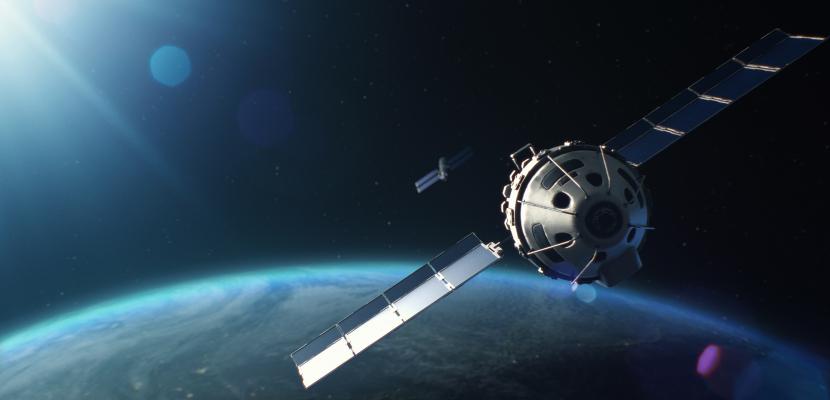
Your feet might be firmly planted on the ground, but chances are you rely on space technology 20 to 40 times every single day.
Such is the extent to which we have come to rely on the final frontier since Yuri Gagarin first travelled into space in 1957.
“Think about transportation, financial transactions, communications and the weather forecast. Think about satellite television and agricultural disaster management,” says Steven Freeland, an expert on space law and a Professorial Fellow at Bond University.
“If we had a theoretical day without space we would all be back in the dark ages.”
Professor Freeland will explore the issues and challenges in the governance of space activities at a public lecture at Bond University on September 26, part of the Inaugural Professorial Lecture Series. Professor Julie Redfern will present her lecture on preventing heart disease on September 12.
Professor Freeland’s extensive background includes membership on the Australian Space Agency Advisory Board, representing Australia at the UN on space matters, and serving as co-Principal of the specialized space law firm Azimuth Advisory.
In 2022 he was presented with a Lifetime Achievement Award by the International Institute of Space Law, the highest accolade awarded by that institution.
“Space is part of the critical infrastructure of Australia and of every community around the world,” Professor Freeland says.
“It’s commercial, it’s scientific, it affects national security, commerce, culture, religion … it really is about the fabric of humanity.
“Not only do we need to think about the technological development, we need to think about the challenges that arise as we continue to try and do more and more in space, hopefully with benefits for all of humanity.”